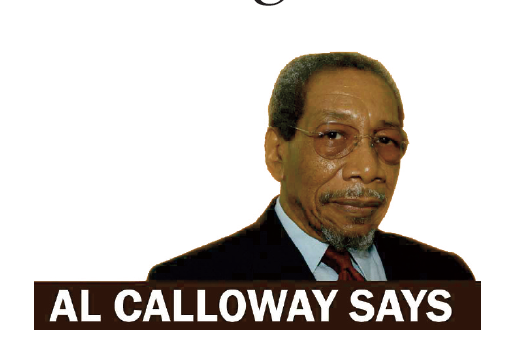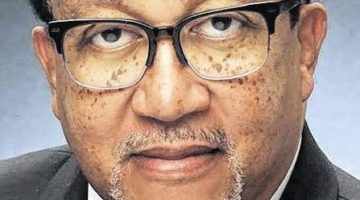Don’t put a hyphen between African and American because we black people fought tooth and nail not to be referred to as white Americans and names others decide to call us. We are African Americans not African Americans. We did not come to this country on the Mayflower and we did not come through Ellis Island. We are the progeny of those who survived the Middle Passage of the Trans-Atlantic African Slave Trade and then American slavery, and since then, American white nationalism.
If, generally, white Americans consider themselves hyphenated from their European “origin” (I’m not at all sure where they originated) i.e., Irish-American; German American; Italian-American, and so forth, so be it. However, the hyphen implies a Eurocentric connection that is not the African experience. We will define our own American experience. We are not hyphenated from Africa, meaning black people did not expatriate to America, no, our forebears were stolen from Africa.
For many years Africans in the Americas were called the n-word by white people in order to denigrate and control them both on plantations and in cities. For centuries white people called Africans both the nword and negro, then they capitalized Negro. Some, like President Lyndon Baines Johnson, called black people “Negres” in public.
For those who are African American and this seems like a petty issue to your sensibilities, indulge me for a moment. I have long been aware that my Harlem upbringing, especially my Pan-African learning is hardly universal.
As a child I heard a street speaker on 125th Street talk about the name Negro and where is Negro land? Street speakers talked about African history, ancient African history, about great black men and women of antiquity, during thousands of years before the advent of European domination. As a teenager I read Richard B. Moore’s book The Name Negro, Its origin and Evil Use and became a regular at the Frederick Douglass Book Center that he owned on 125th Street. Around the corner on 7th Avenue, now Adam Clayton Boulevard, near 125th Street stood Michaux’s African National Memorial Bookstore, the “House of Common Sense and Home of Proper Propaganda.”
If you regularly stood around listening to various street speakers and discussions between small groups of intellectuals, and occasionally read some books, then for you 125th Street around 7th Avenue was a school like no other. Soon the probe of black history steers you to the great Schomburg Collection eleven blocks away on 135th Street and Lenox Avenue, now Malcolm X Boulevard.
With such a mindset, going to a black college in 1960 southern America was a dissonant experience. So much so, not because of pervasive white supremacy, but due to what author Nathan Hare, Ph.D. calls the “Black Anglo-Saxons.” There were black, no, Negro professors that castigated me for calling us black and African American instead of Negro.
I talked to Rev. Dr. Martin L. King, Jr., about it and unlike some others, he politely listened. Even inside the Student Non-Violent Coordinating Committee (SNCC) there were battles for some time about maintaining the name Negro instead of black and African American. It took time and a lot of diverse persuasion to win over black leaders, namely preachers, civil rights operatives, politicians, educators and publishers.
But, hey, black publishers; don’t use the hyphen in any case, irrespective of what various stylebooks tell you is correct. African American are our words, meant to define us as we see us. It is time for African Americans to stand-up for everything. No more of that jive about we have to take it slow. It’s not the time yet for this or that. We have to pray on it. We have to march about it so we can ask for it.
Please black folks; don’t let anybody, black, white, and green with blue tentacles and pink webbed feet or whatever put a hyphen between anything that has to do with us, especially what we call ourselves. We are proud African Americans and yes, we are all shades from jet black to near white, but we’re black — all of us!












No Comment